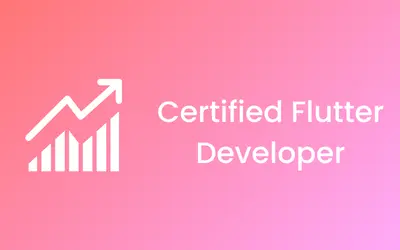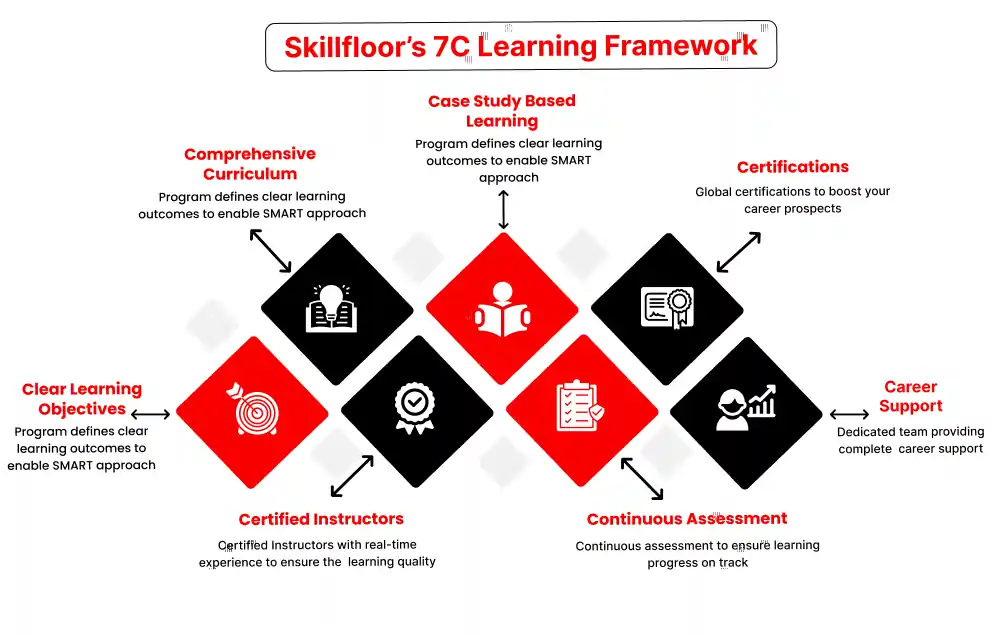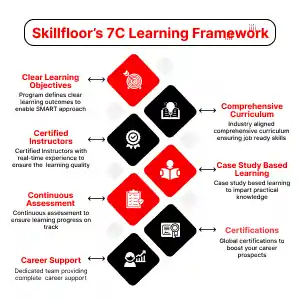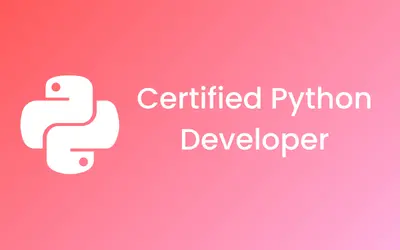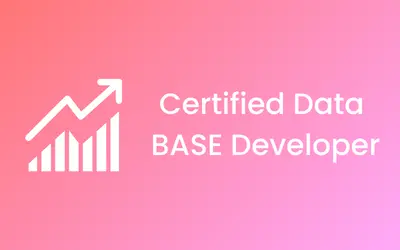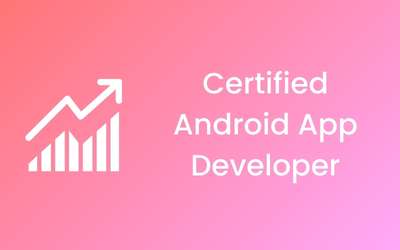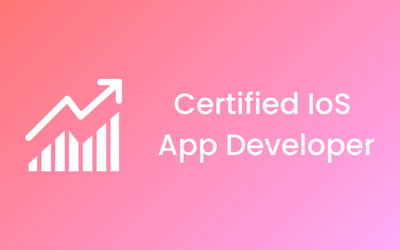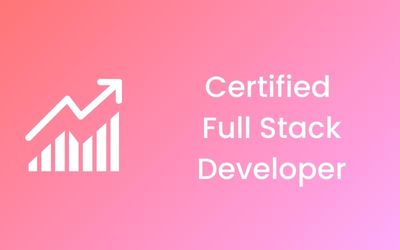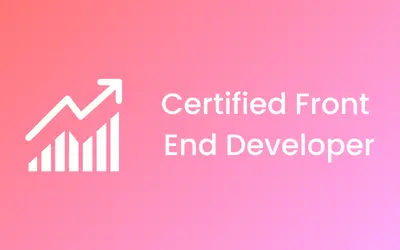Certified Flutter Developer
SKF-FLD-113
-

-
(214 Reviews)
- Career Potential: The Flutter framework provides many opportunities in mobile and web development, with a high need for developers who can create cross-platform applications.
- Skills Acquired: This course improves your skills in Dart programming, UI design, app development, and performance optimization, establishing you as an expert in Flutter development.
- Internship Opportunity: Following course completion, an internship provides practical experience, employing Flutter development skills in practical assignments, further boosting employability and industry preparation
